Grief is a universal yet profoundly personal journey, touching every individual in ways that are uniquely their own. It comes uninvited, altering the rhythm of life with its weighty silence and deep ache. For some, grief is like a tidal wave—sudden and overwhelming; for others, it’s a steady undercurrent that subtly yet persistently shapes their days. While it stems from loss, be it the death of a loved one, the end of a relationship, or the fading of a dream, grief is ultimately a reflection of love and connection.
Understanding grief and equipping ourselves with tools to navigate it is essential for finding light amidst the darkness. This blog unpacks the journey of grief, diving deeply into its stages, sharing relatable stories from an Indian cultural context, and offering evidence-based strategies to cope and heal.
The Multifaceted Nature of Grief
Grief manifests in diverse ways—emotional, physical, and even spiritual. It might bring feelings of sadness, guilt, or anger, or express itself as insomnia, fatigue, or loss of appetite. In some cases, it might even challenge deeply held beliefs about life and existence.
Types of Grief
- Anticipatory Grief: This arises before an expected loss, such as when caring for a terminally ill loved one. It often brings a complex mix of hope, dread, and sorrow.
- Disenfranchised Grief: When a loss is not openly acknowledged or socially validated—like the loss of a pet, miscarriage, or a same-sex partner—it can lead to feelings of isolation.
- Complicated Grief: Persistent, all-consuming grief that disrupts one’s ability to function. Professional help is often necessary in these cases.
Stages of Grief: A Fluid Process
Popularized by psychiatrist Elisabeth Kübler-Ross, the five stages of grief—denial, anger, bargaining, depression, and acceptance—serve as a framework for understanding emotional responses to loss. However, these stages are not linear, nor does everyone experience them all. Grief is fluid, often looping back on itself in unexpected ways.
Denial is the mind’s defense mechanism against overwhelming emotions. It cushions the initial shock, creating space to process the loss gradually.
Case Study: Rani’s Sudden Loss
Rani, a schoolteacher from Pune, lost her husband Rajesh to a sudden heart attack. In the days following his passing, she continued setting the table for two and avoided speaking about his death. Denial, for her, was a way of preserving normalcy. Over time, gentle conversations with her sister helped her begin to acknowledge her loss.
Anger often stems from feelings of helplessness and injustice. It may be directed at oneself, others, or even at the deceased for “leaving.”
Case Study: Varun’s Unspoken Rage
Varun, a 35-year-old software engineer from Bengaluru, lost his mother to COVID-19 during the pandemic. He found himself snapping at colleagues and blaming doctors for not doing enough. Therapy helped him recognize his anger as a manifestation of grief, allowing him to channel it constructively by organizing vaccination drives in her memory.
Bargaining reflects a deep yearning to reverse the loss, often involving “what if” or “if only” scenarios.
Case Study: Meena’s Spiritual Bargain
Meena, who lost her son in a car accident, began frequenting temples, offering prayers, and pleading with the divine to give her son back. While initially overwhelming, her spiritual practices eventually provided solace, helping her find meaning in her faith.
Depression is the phase where the weight of the loss fully sinks in. It can bring feelings of emptiness, despair, and profound sadness.
Case Study: Ananya’s Quiet Struggle
Ananya, a young widow from Kolkata, withdrew from her social circles after her husband’s death. She spent days in bed, unable to muster energy for basic tasks. A support group for young widows helped her recognize that her feelings were valid and led her toward seeking professional help.
- Denial: “This Can’t Be Happening”
- Anger: “Why Me?”
- Bargaining: “If Only…”
- Depression: “What’s the Point?”
- Acceptance: “It’s Going to Be Okay”
Acceptance doesn’t mean forgetting; it means integrating the loss into one’s life and finding ways to move forward.
Case Study: Ashok’s New Normal
After losing his wife of 40 years, Ashok, a retired banker from Delhi, found solace in gardening—a passion they had shared. Tending to their plants became a way of keeping her memory alive while embracing his life’s new chapter.
Grief in the Indian Context
Grief in India is deeply intertwined with cultural and spiritual traditions. Rituals such as the shraddha ceremony, lighting a lamp, or performing acts of charity in the deceased’s name provide a structured pathway for mourning. Family and community play a central role, offering support through shared meals, prayers, and remembrance.
However, urbanization and nuclear family structures are challenging these traditional support systems. This shift underscores the growing importance of modern grief interventions like therapy and support groups.
Evidence-Based Techniques to Cope with Grief
Example:
Kavita, a mother who lost her teenage daughter to leukemia, started a blog chronicling their journey. Writing allowed her to preserve her daughter’s essence while connecting with others facing similar losses.
Example:
Arun, who felt responsible for his father’s death due to a delayed hospital visit, worked with a therapist to confront and reframe his guilt, focusing on the care and love he provided.
Example:
Neha, after losing her best friend, found peace in guided meditation. Focusing on her breath helped her navigate waves of grief.
Example:
After her father’s passing, Preeti dedicated a park bench in his favorite spot, turning her grief into a public tribute.
Example:
In Hyderabad, a group of bereaved parents formed a monthly meet-up, finding strength in shared experiences and mutual support.
Example:
After losing her husband, Asha joined a yoga class. The practice not only improved her physical health but also became a source of emotional resilience.
- Storytelling and Narrative Therapy Sharing stories about the deceased—both their virtues and imperfections—can be cathartic. It helps in reframing memories and creating a coherent narrative around the loss.
- Cognitive-Behavioral Therapy (CBT) CBT helps individuals challenge unhelpful thoughts, such as self-blame or hopelessness, replacing them with healthier perspectives.
- Mindfulness and Meditation Practices like mindfulness encourage staying present, reducing anxiety and rumination associated with grief.
- Rituals and Acts of Remembrance Participating in meaningful rituals, such as lighting a diya or planting a tree, can provide a tangible way to honor the deceased.
- Building a Support Network Surrounding oneself with understanding individuals—whether friends, family, or support groups—eases the burden of grief.
- Physical Activity Exercise, even gentle activities like yoga or walking, releases endorphins, improving mood and energy levels.
- Creative Expression Art, music, or writing offers an outlet for expressing complex emotions.
Example:
Rohit, who struggled with the loss of his sister, turned to painting. His abstract works, full of color and emotion, became a medium for processing his grief.
Tips to Navigate Grief Triggers
- Anniversaries and Milestones: Mark these occasions by celebrating the life of the deceased. Light a candle, cook their favorite meal, or engage in charity.
- Festivals and Holidays: Include rituals that honor their memory, such as sharing a favorite story or creating a new tradition in their name.
- Unexpected Triggers: When grief resurfaces, allow yourself to feel it. Journaling or speaking to a trusted friend can help.
Healing: A Lifelong Journey
Healing from grief doesn’t mean erasing the loss; it means learning to coexist with it. Over time, the sharp edges of pain soften, and the memories become a source of strength. Grief, after all, is the price we pay for love—a testament to the depth of our connections.
Closing Thoughts
Grief is not a hurdle to overcome but a journey to navigate. Each individual’s path is unique, shaped by their memories, relationships, and resilience. By embracing stories, seeking support, and practicing self-care, it’s possible to transform grief into a bridge—connecting the love of the past with the hope of the future. Let grief remind us not just of what we’ve lost, but of what we’ve gained through love, connection, and shared lives.
TAGS: The Multifaceted Nature of Grief, Types of Grief, Anticipatory Grief, Stages of Grief, Acceptance, Navigate Grief Triggers, Closing Thoughts, A Lifelong Journey, CBT, Grief in the Indian Context, Depression, Bargaining
Disclaimer: All characters and events depicted in this blog are entirely fictional. Any resemblance to actual persons, living or dead, is purely coincidental. The content is intended for informational purposes only and should not be considered as medical advice. Always consult a qualified healthcare professional for medical concerns.
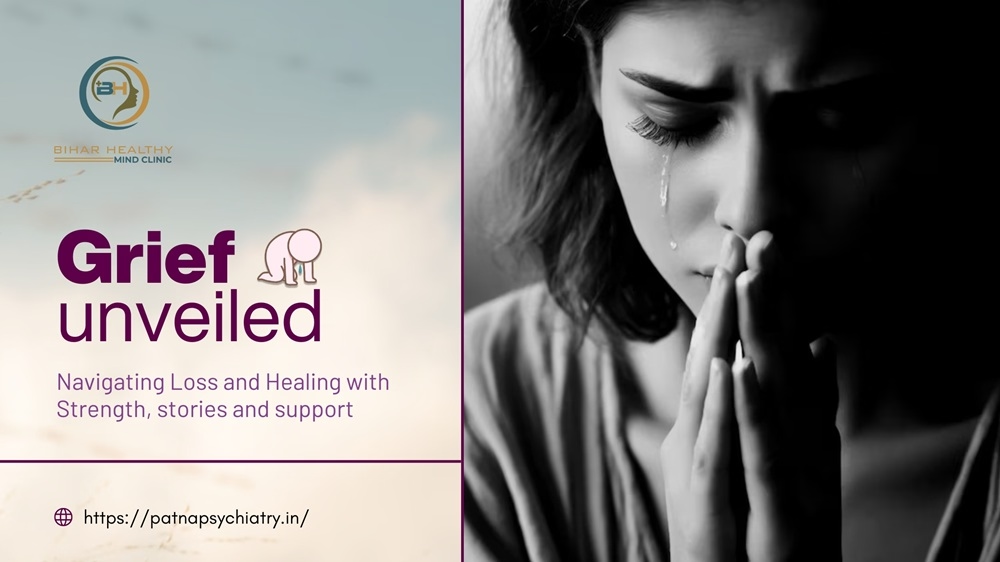

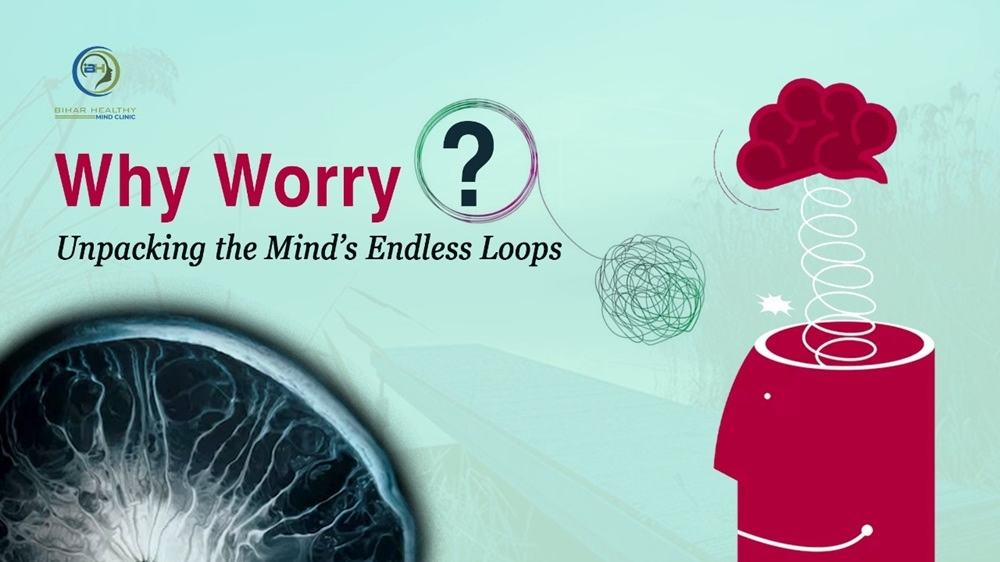
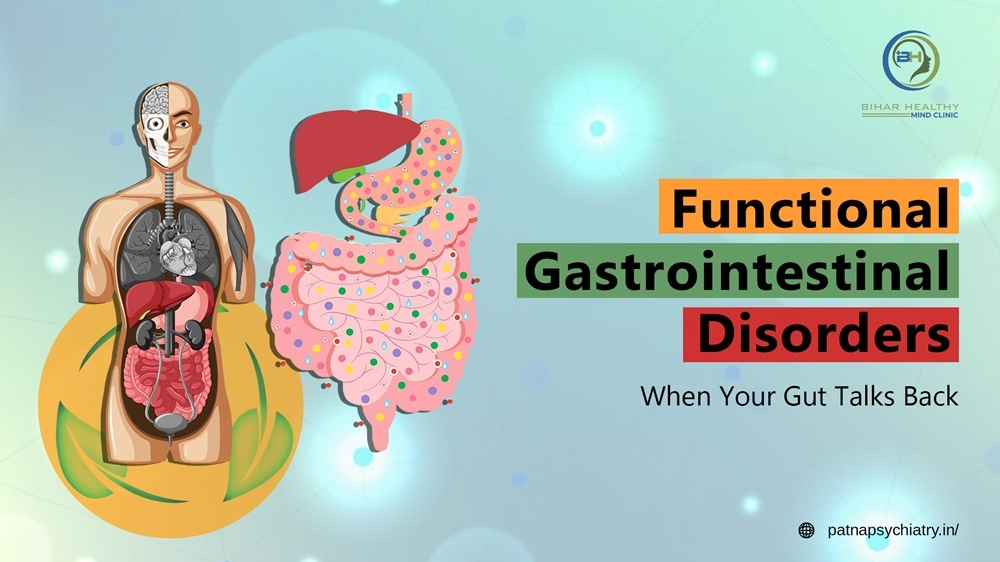
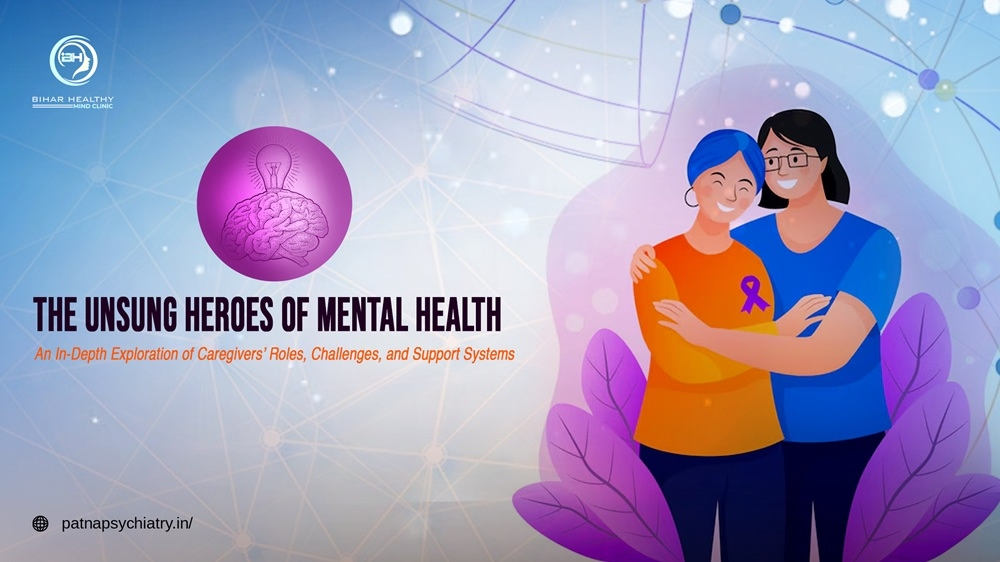
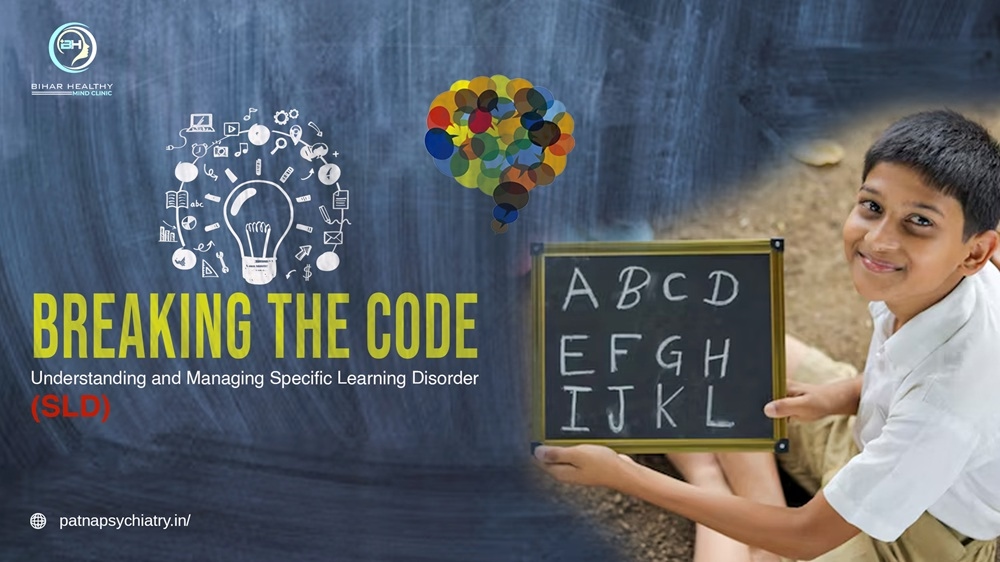
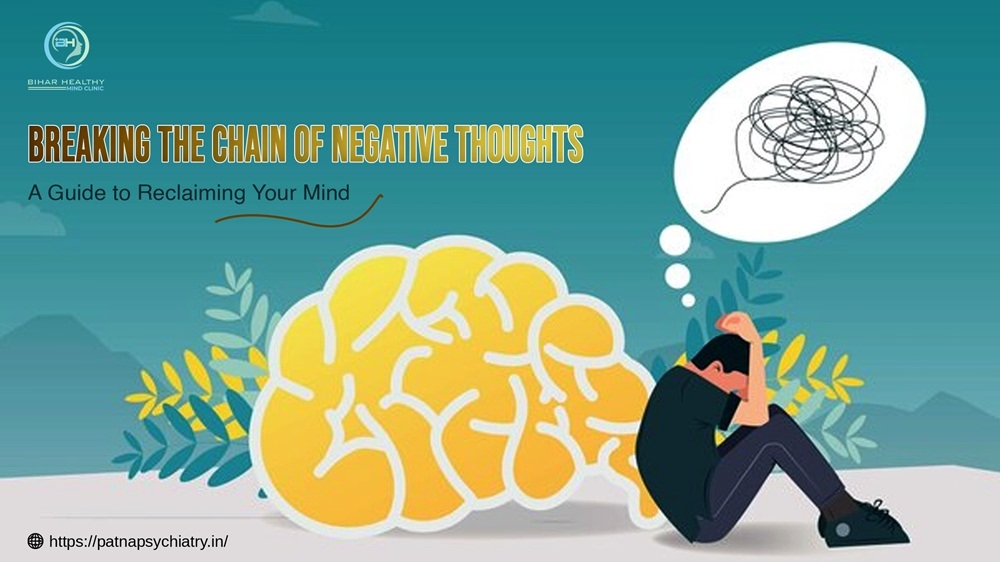
No comments yet. Be the first to comment!